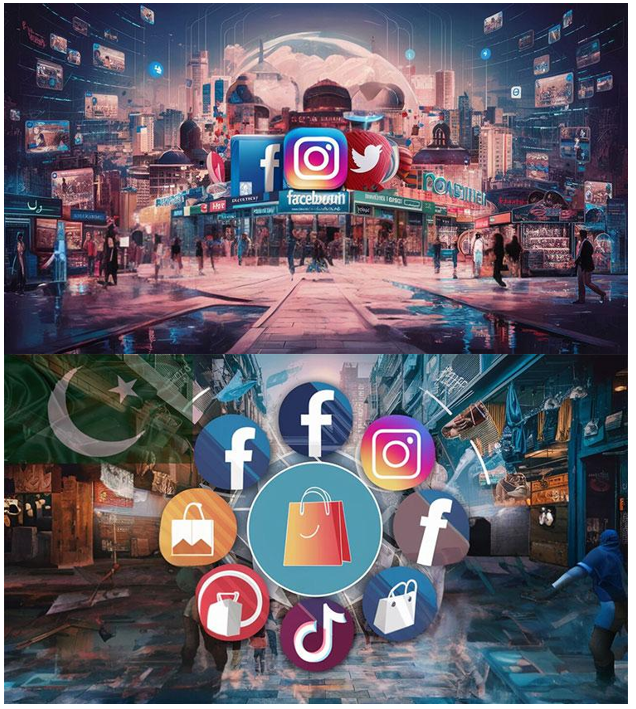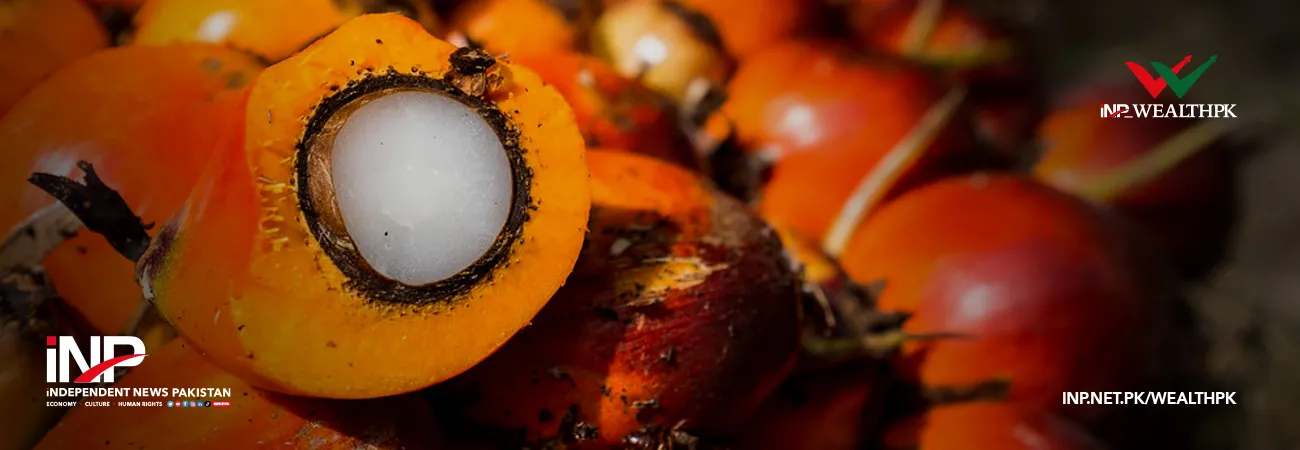INP-WealthPk
Muhammad Saleem
Social media has almost rendered the traditional marketing methods outdated, changing the game when it comes to customer behaviour, and transforming the e-commerce sector in Pakistan. Danish Ali, a bigwig in the social media marketing industry, told WealthPK that social media was turning the tables and transforming consumers’ behaviour across the globe. However, he said a good number of Pakistanis were still reluctant to place online orders to avoid scams. “Their trust can be restored by awarding exemplary punishment to those involved in the fraudulent activities online,” he declared. He noted that social media platforms like Google, Facebook, Linkedin, Snapchat, TikTok, Instagram and others were raking in billions of dollars due to their advertising services offered in different countries. “In Pakistan, both brands and small business owners are investing in social media, recognising its value and influence.”
“One can safely say that social media has turned out to be a game-changer for the e-commerce sector of Pakistan. With the help of social media platforms, we are driving traffic to our website and building a loyal community that converts visitors into customers. The extra benefit of social media is the ability to stay in touch with customers round the clock, which significantly boosts business growth,” Danish noted. “Multiple platforms like YouTube, Instagram, Facebook and others allow users to display their products in an effective way to hook customers,” he said, adding that brands were also sharing their stories and interacting directly with their audience to win them over. Dr Ashraf, a media studies teacher at a state-run university, shedding light on the challenges and opportunities in e-commerce, said the sector was rapidly evolving in Pakistan due to the strength of social media.
However, he noted that recent internet fluctuations had dented this sector, making it difficult for people to maintain their sales and growth. Talking to WealthPK, he said: “Currently, scores of remote areas lack access to the internet, which hampers the growth of skilled hands living in those regions. It is the responsibility of policymakers to ensure a level playing field for all sectors so they can tackle emerging challenges both locally and internationally.” Ashraf said social media had opened doors for hassle-free businesses, making it easier for people to support their families while staying home. However, he said: “Our approach to this trend is not serious, as we often consider social media only as a propaganda tool.” “Scores of people are supporting their families through social media and e-commerce, and without internet connectivity, both sectors are unable to deliver,” he noted.
Ali Raza, a digital marketing consultant specialising in e-commerce, talking about the social media’s impact on the e-commerce sector, said the medium offered plenty of opportunities to access customers online. He said that with the help of content marketing, such as creating impressive and engaging content that grabbed the attention of customers, businessmen were effectively growing their businesses. “They are efficiently demonstrating every facet of their products and educating clientele,” he added. Similarly, he asserted that influencer marketing had also emerged as a significant source of advertising. He explained that brands collaborated with social media personalities with exceptional fan followings to reach a broader audience and boost their sales. “Through the partnership with influencers, brands are also solidifying their credibility.”
“The icing on the cake is the ability to launch targeted advertising campaigns for people with specific interests. For example, if a cosmetic brand wants to reach out to customers in a particular region, it can easily do so through social media marketing,” he observed. “In contrast, the traditional or physical marketing lacks this capability, compelling advertisers to launch campaigns indiscriminately,” Raza noted. He pointed out that in traditional marketing advertisers were unable to respond to customer objections. “However, social media empowers marketers to actively engage with customers and address their concerns, reviews, comments and messages. This approach fosters customer loyalty and trust in brands,” he underscored.

Credit: INP-WealthPk













